Top 3 Books for IELTS Learners (Ebooks & Audiobooks) – A masterpiece of essays
Table of Contents
Limited-Time Offer : Access a FREE 10-Day IELTS Study Plan!
If studying for the IELTS with tedious books like “English Grammar in Use” and “Improve your IELTS Writing Skills” bores you to death, you should check out these 3 novels/books: “The Little Prince”, “The Alchemist”, & “Small is Beautiful” to improve your IELTS skills (especially Listening and Reading).
For IELTS Learners at Elementary Level:
The Little Prince (Audiobook & eBook):
Few stories are as widely read and as universally cherished by children and adults alike as The Little Prince. Moral allegory and spiritual autobiography, The Little Prince is the most translated book in the French language. With a timeless charm, it tells the story of a little boy who leaves the safety of his own tiny planet to travel the universe, learning the vagaries of adult behaviour through a series of extraordinary encounters. His personal odyssey culminates in a voyage to Earth and further adventures. Translated into more than 250 languages and dialect, selling nearly two million copies annually with sales totaling over 140 million copies worldwide, it has become one of the best-selling books ever published.
[do_widget id=custom_html-36]
Overview
The Little Prince is a poetic tale, with watercolour illustrations by the author, in which a pilot stranded in the desert meets a young prince fallen to Earth from a tiny asteroid. The story is philosophical and includes social criticism, remarking on the strangeness of the adult world. It was written during the period when Saint-Exupéry fled to North America subsequent to the Fall of France during the Second World War, witnessed first hand by the author and captured in his memoir Flight to Arras. The adult fable, according to one review, is actually “…an allegory of Saint-Exupéry’s own life—his search for childhood certainties and interior peace, his mysticism, his belief in human courage and brotherhood, and his deep love for his wife Consuelo but also an allusion to the tortured nature of their relationship.”
[do_widget id=custom_html-47]
Though ostensibly styled as a children’s book, The Little Prince makes several observations about life and human nature. For example, Saint-Exupéry tells of a fox meeting the young prince during his travels on Earth. The story’s essence is contained in the lines uttered by the fox to the little prince: “One sees clearly only with the heart. What is essential is invisible to the eyes.” Other key thematic messages are articulated by the fox, such as: “You become responsible, forever, for what you have tamed.” and “It is the time you have lost for your rose that makes your rose so important.” The fox’s messages are arguably the book’s most famous quotations because they deal with human relationships.
Download eBook:
Download Ebook: The Little Prince
Audio:
For IELTS Learners at Pre-Intermediate and Intermediate Level:
The Alchemist (Audiobook and eBook)
The Alchemist by Paulo Coelho continues to change the lives of its readers since it was published in English in 1993. With more than two million copies sold around the world, this book has established itself as a modern classic, universally admired.
Paulo Coelho’s masterpiece tells the magical story of Santiago, an Andalusian shepherd boy who yearns to travel in search of a worldly treasure as extravagant as any ever found.
The story of the treasures Santiago finds along the way teaches us, as only a few stories can, about the essential wisdom of listening to our hearts, learning to read the omens strewn along life’s path, and, above all, following our dreams.
Plot
The Alchemist follows the journey of an Andalusian (southern Spanish) shepherd boy named Santiago. Believing a recurring dream to be prophetic, Santiago decides to travel to a Romani fortune-teller in a nearby town to discover its meaning. The gypsy woman interprets the dream as a prophecy telling the boy that there is a treasure in the pyramids in Egypt.
Early into his journey, he meets an old king, whose name was Melchizedek, who tells him to sell his sheep to travel to Egypt and introduces the idea of a Personal Legend (which is always capitalized in the book). Your Personal Legend “is what you have always wanted to accomplish. Everyone, when they are young, knows what their Personal Legend is.” He adds that “when you want something, all the universe conspires in helping you to achieve it.” This is the core theme of the book.
Along the way, Santiago meets an Englishman who has come in search of an Alchemist and continues his travels with him. They travel through the Sahara desert and during his journey, Santiago meets and falls in love with a beautiful Arabian woman named Fatima, who resides with her clan near around a desert oasis. He asks Fatima to marry him, but she says she will only marry him after he completes his journey and finds his treasure. He is perplexed by this but later learns that true love will not stop nor plead to sacrifice one’s Personal Legend, and if it does, it is not true love.
Santiago then encounters a lone alchemist who also teaches him about Personal Legends. He says that people want to find only the treasure of their Personal Legends but not the Personal Legend itself. Santiago feels unsure about himself as he listens to the alchemist’s teachings. The alchemist states, “Those who don’t understand their Personal Legends will fail to comprehend their teachings.” It is also stated that treasure is more worthy than gold. The main theme of the story is defined by this quote, which recurs all through the novel, “When a person really desires something, all the universe conspires to help that person to realize his dream.” It denotes the power of desires and passion and its ability to manifest it in real life.
Download Ebook & Audiobook:
Download Audiobook: The Alchemist Download Ebook: The Alchemist
Audiobook for IELTS Learners at Upper-Intermediate and Advanced Level
Small is Beautiful (Audiobook): Small Is Beautiful is ranked among the 100 most influential books published since World War II. Hailed as an “eco-bible” by Time magazine, E.F. Schumacher’s riveting, richly researched statement on sustainability has become more relevant and vital with each year since its initial groundbreaking publication during the 1973 energy crisis. A landmark statement against “bigger is better” industrialism, Schumacher’s Small Is Beautiful paved the way for twenty-first-century books on environmentalism and economics, like Jeffrey Sachs’s The End of Poverty, Paul Hawken’s Natural Capitalism, Mohammad Yunis’s Banker to the Poor, and Bill McKibben’s Deep Economy. This timely reissue offers a crucial message for the modern world struggling to balance economic growth with the human costs of globalization.
Synopsis
The book is divided into four parts: “The Modern World”, “Resources”, “The Third World”, and “Organization and Ownership”.
In the first chapter, “The Problem of Production”, Schumacher argues that the modern economy is unsustainable. Natural resources (like fossil fuels) are treated as expendable income, when in fact they should be treated as capital, since they are not renewable, and thus subject to eventual depletion. He further argues that nature’s resistance to pollution is limited as well. He concludes that government effort must be concentrated on sustainable development, because relatively minor improvements, for example, technology transfer to Third World countries, will not solve the underlying problem of an unsustainable economy.
Schumacher’s philosophy is one of “enoughness”, appreciating both human needs and limitations, and appropriate use of technology. It grew out of his study of village-based economics, which he later termed Buddhist economics, which is the subject of the book’s fourth chapter.
He faults conventional economic thinking for failing to consider the most appropriate scale for an activity, blasts notions that “growth is good”, and that “bigger is better”, and questions the appropriateness of using mass production in developing countries, promoting instead “production by the masses”. Schumacher was one of the first economists to question the appropriateness of using the gross national product to measure human well-being, emphasizing that “the aim ought to be to obtain the maximum amount of well being with the minimum amount of consumption”. In the epilogue, he emphasizes the need for the “philosophy of materialism” to take second place to ideals such as justice, harmony, beauty, and health.
Download Ebook:
Download Ebook: Small is Beautiful
Also Check:
- Best IELTS Books
- Best IELTS Preparation Books
- IELTS Grammar Books
- IELTS Vocabulary Books
- IELTS Writing Books
Start Preparing for IELTS: Get Your 10-Day Study Plan Today!
Check out other Practice eBooks
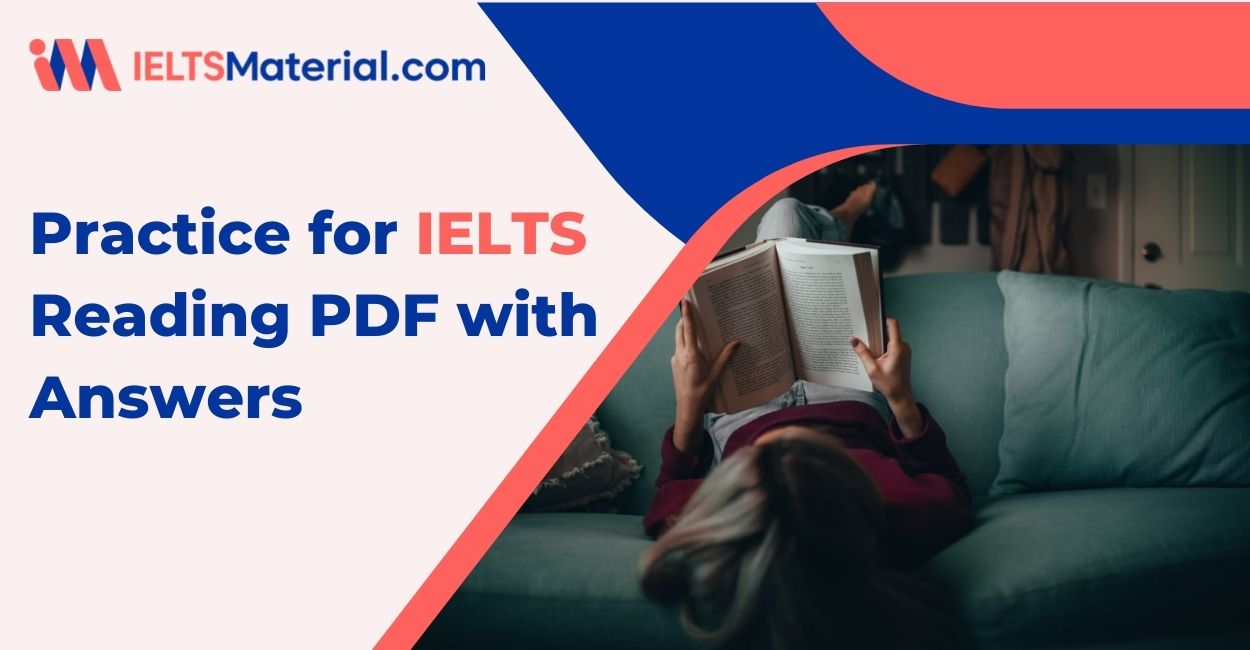
Nehasri Ravishenbagam

Janice Thompson
Courtney Miller
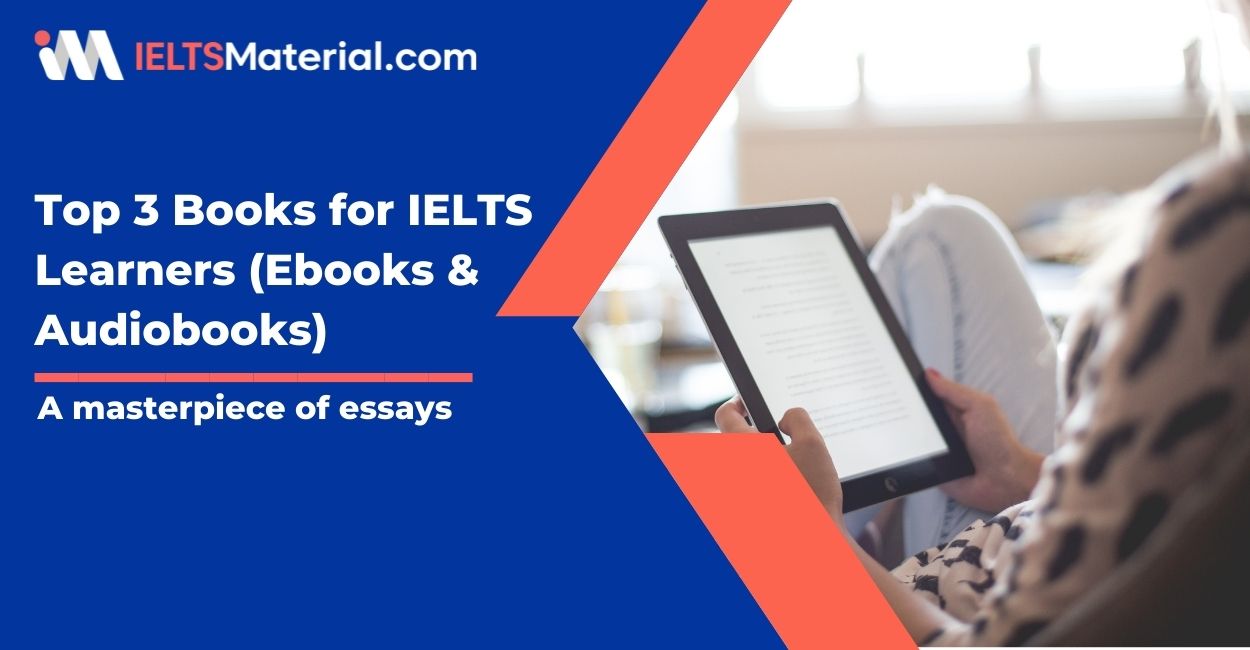
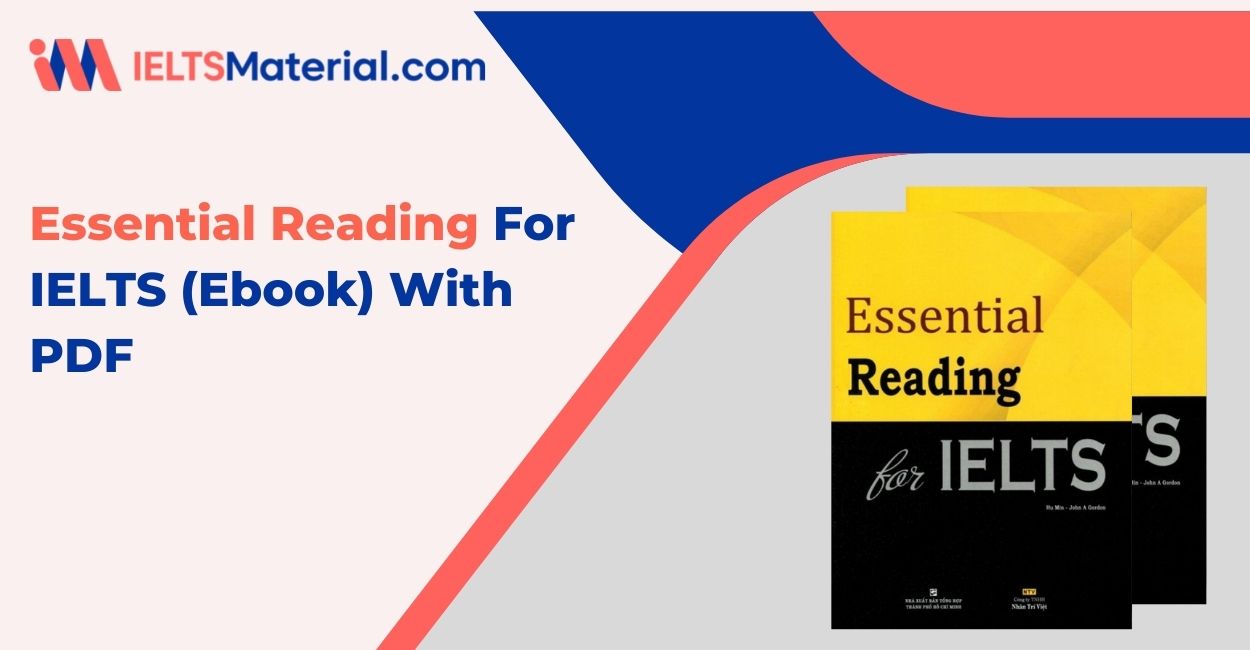
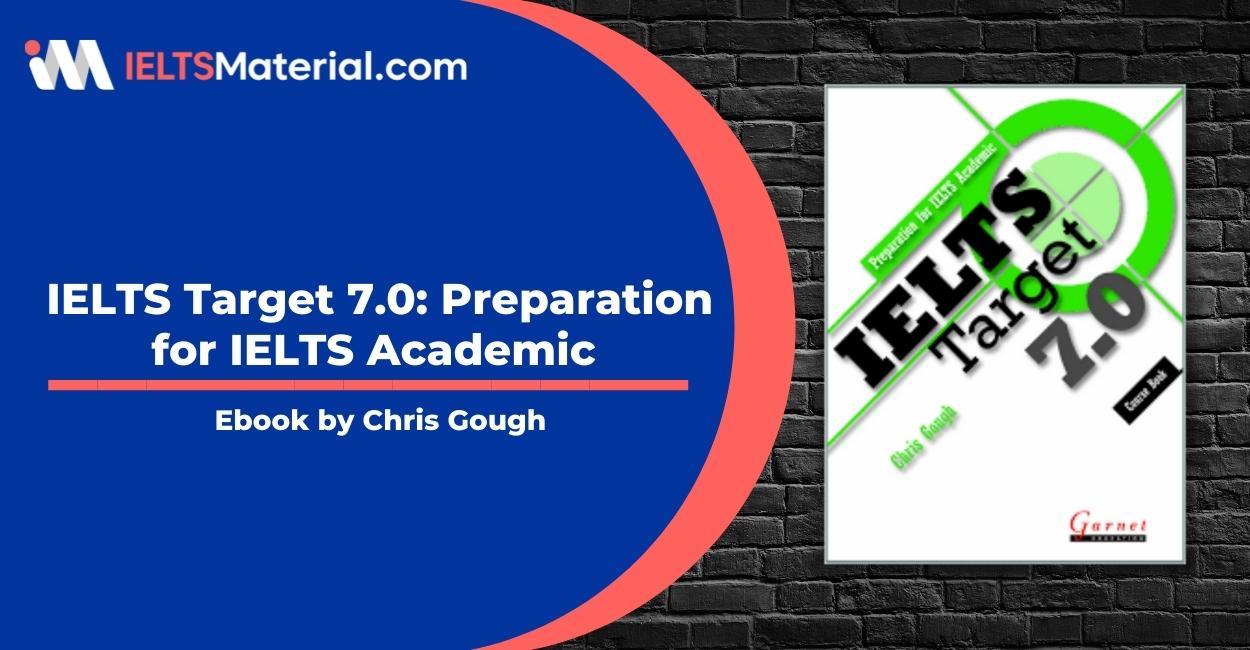
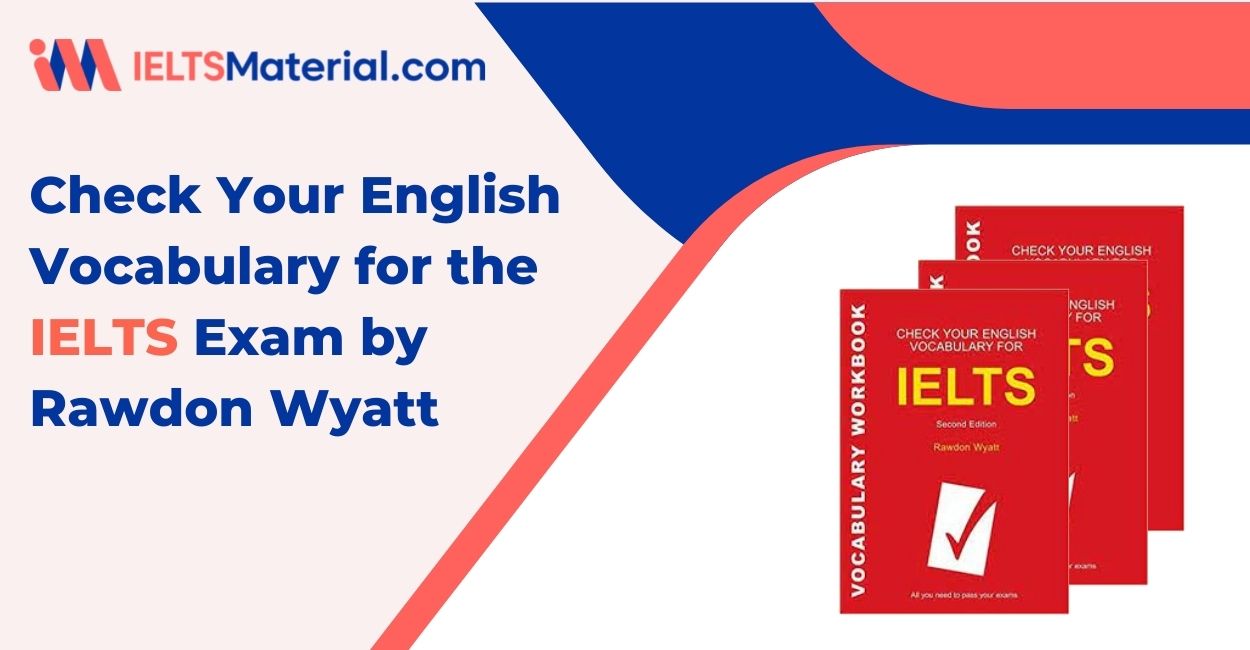


Post your Comments
2 Comments